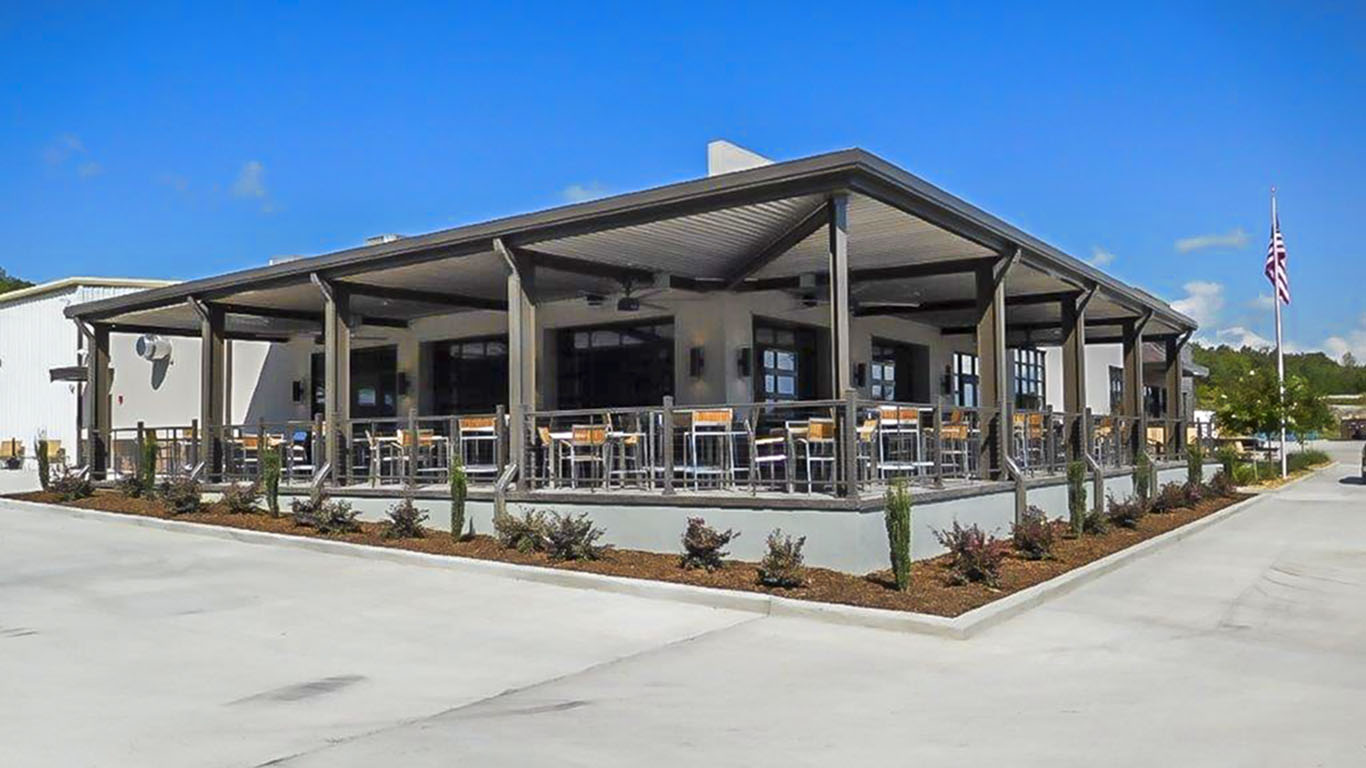Uncovering the History of Addison, Alabama

Nestled in the picturesque foothills of the Appalachian Mountains, Addison, Alabama, boasts a rich and storied history that reflects the resilience and pioneering spirit of its early settlers. From its humble beginnings as a rural crossroads to its evolution into a thriving community, Addison's journey through time is a testament to the enduring strength of its people.
Early Settlement and Founding:
The history of Addison traces back to the early 19th century when pioneers and settlers began to carve out homesteads in the lush valleys and rolling hills of north-central Alabama. The area was known for its fertile soil and abundant natural resources, attracting farmers, merchants, and tradesmen seeking opportunities for a new life.
Addison was officially founded in 1878 and named in honor of Senator Joseph Addison Winston, a prominent figure in Alabama politics at the time. Its strategic location along important transportation routes, including the Memphis and Charleston Railroad, facilitated its growth as a vital hub of commerce and trade in the region.
Agriculture and Industry:
The fertile lands surrounding Addison proved to be conducive to agriculture, with cotton, corn, and timber becoming staple crops for local farmers. In addition to agriculture, the town also saw the emergence of small-scale industries, including sawmills, gristmills, and textile factories, which further fueled its economic development.
The arrival of the railroad brought new opportunities for growth and prosperity, allowing farmers and merchants to transport their goods to markets across the region with greater ease and efficiency. Addison flourished as a center of agricultural commerce, attracting settlers and businesses eager to capitalize on its promising prospects.
Community Spirit and Resilience:
Throughout its history, Addison has weathered its fair share of challenges, including economic downturns, natural disasters, and the impact of wars. Yet, through it all, the community has remained resilient, drawing strength from its close-knit bonds and shared sense of purpose.
Generations of families have called Addison home, passing down traditions, values, and stories that have helped shape the town's identity and character. From barn raisings to church picnics, the spirit of community has always been at the heart of life in Addison, fostering a sense of belonging and solidarity among its residents.
Modern Era:
Today, Addison stands as a testament to its rich heritage and enduring legacy, while embracing the opportunities of the modern era. The town continues to honor its agricultural roots, with farming and agribusiness remaining integral to its economy.
In recent years, Addison has also seen growth in other sectors, including tourism, recreation, and small-scale manufacturing. Visitors are drawn to the town's scenic beauty, historic landmarks, and vibrant community events, making Addison a destination for those seeking a taste of small-town charm and hospitality.
Conclusion:
Addison, Alabama, is more than just a place on the map—it's a living testament to the spirit of resilience, perseverance, and community that defines the American experience. From its humble beginnings as a rural outpost to its role as a thriving center of commerce and culture, Addison's history is a reflection of the hopes, dreams, and aspirations of its people. As the town continues to evolve and adapt to the challenges of the modern world, it does so with pride in its past and optimism for the future.
- Hits: 38